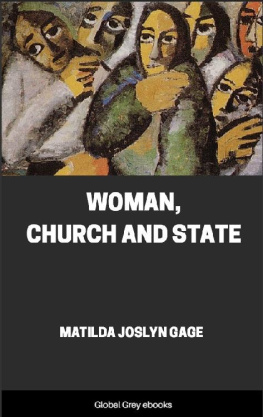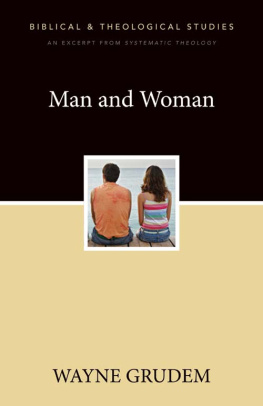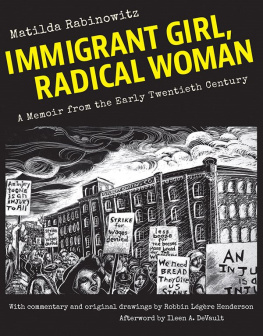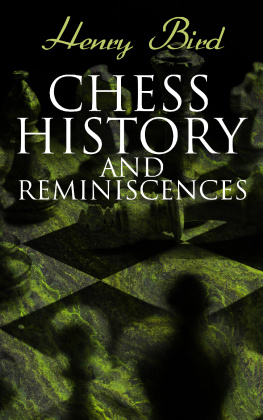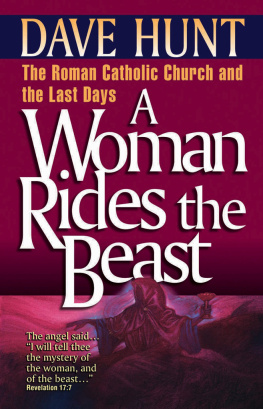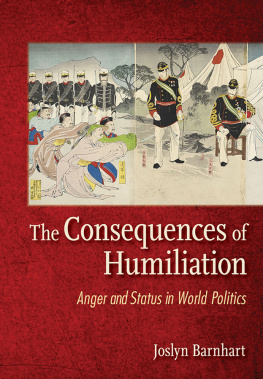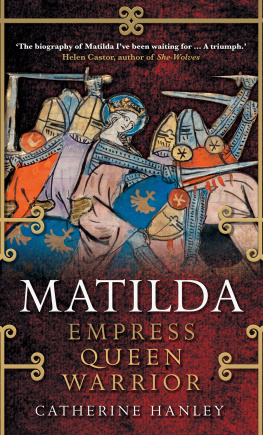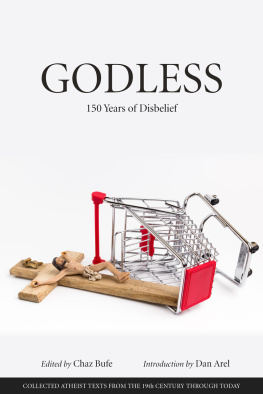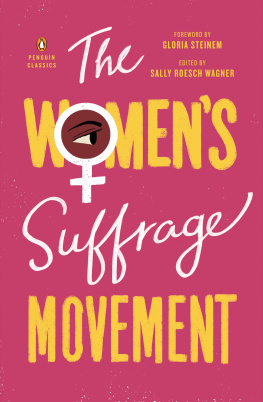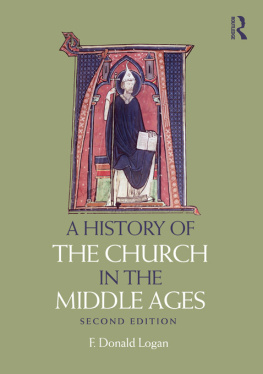Matilda Joslyn Gage
Woman, Church and State: A Historical Account of the Status of Woman Through the Christian Ages With Reminiscences of Matriarchate
Madison & Adams Press, 2018.
Contact
ISBN 978-80-268-8496-5
This is a publication of Madison & Adams Press. Our production consists of thoroughly prepared educational & informative editions: Advice & How-To Books, Encyclopedias, Law Anthologies, Declassified Documents, Legal & Criminal Files, Historical Books, Scientific & Medical Publications, Technical Handbooks and Manuals. All our publications are meticulously edited and formatted to the highest digital standard. The main goal of Madison & Adams Press is to make all informative books and records accessible to everyone in a high quality digital and print form.
Preface
This work explains itself and is given to the world because it is needed. Tired of the obtuseness of Church and State; indignant at the injustice of both towards woman; at the wrongs inflicted upon one-half of humanity by the other half in the name of religion; finding appeal and argument alike met by the assertion that God designed the subjection of woman, and yet that her position had been higher under Christianity than ever before: Continually hearing these statements, and knowing them to be false, I refuted them in a slight resume of the subject at the annual convention of the National Woman Suffrage Association, Washington, D.C., 1878.
A wish to see that speech in print, having been expressed, it was allowed to appear in The National Citizen, a woman suffrage paper I then edited, and shortly afterwards in The History of Woman Suffrage, of which I was also an editor. The kindly reception given both in the United States and Europe to that meager chapter of forty pages confirmed my purpose of a fuller presentation of the subject in book form, and it now appears, the result of twenty years investigation, in a volume of over five hundred and fifty pages.
Read it; examine for yourselves; accept or reject from the proof offered, but do not allow the Church or the State to govern your thought or dictate your judgment.
Chapter One
The Matriarchate
Woman is told that her present position in society is entirely due to Christianity; that it is superior to that of her sex at any prior age of the world, Church and State both maintaining that she has ever been inferior and dependent, man superior and ruler. These assertions are made the basis of opposition to her demands for exact equality with man in all the relations of life, although they are not true either of the family, the church, or the state. Such assertions are due to non-acquaintance with the existing phase of historical knowledge, whose records the majority of mankind have neither time nor opportunity of investigating.
Christianity tended somewhat from its foundation to restrict the liberty woman enjoyed under the old civilizations. Knowing that the position of every human being keeps pace with the religion and civilization of his country, and that in many ancient nations woman possessed a much greater degree of respect and power than she has at the present age, this subject will be presented from a historical standpoint. If in so doing it helps to show mans unwarranted usurpation over womans religious and civil rights, and the very great difference between true religion and theology, this book will not have been written in vain, as it will prove that the most grievous wrong ever inflicted upon woman has been in the Christian teaching that she was not created equal with man, and the consequent denial of her rightful place in Church and State.
The last half century has shown great advance in historical knowledge; libraries and manuscripts long inaccessible have been opened to scholars, and the spirit of investigation has made known many secrets of the past, brought many hidden things to light. Buried cities have been explored and forced to reveal their secrets; lost modes of writing have been deciphered, and olden myths placed upon historic foundations. India is opening her stores of ancient literature; Egypt, so wise and so famous, of which it was anciently said: If it does not find a man mad it leaves him mad, has revealed her secrets; hieroglyph-inscribed temples, obelisks and tombs have been interpreted; papyri buried 4,000 and more years in the folds of bandage-enveloped mummies have given their secrets to the world. The brick libraries of Assyria have been unearthed, and the lost civilization of Babylonia and Chaldea imparted to mankind. The strange Zunis have found an interpreter; the ancient Aztec language its Champollion, and the mysteries of even our western continent are becoming unveiled. Darkest Africa has opened to the light; the colossal images of Easter Island hint at their origin; while the new science of philology unfolds to us the history of peoples so completely lost that no other monument of their past remains. We are now informed as to the condition of early peoples, their laws, customs, habits, religion, comprising order and rank in the state, the rules of descent, name, property, the circumstances of family life, the position of mother, father, children, their temples and priestly orders; all these have been investigated and a new historic basis has been discovered. Never has research been so thorough or long-lost knowledge so fully given to the world.
These records prove that woman had acquired great liberty under the old civilizations. A form of society existed at an early age known as the Matriarchate or Mother-rule. Under the Matriarchate, except as son and inferior, man was not recognized in either of these great institutions, family, state or church. A father and husband as such, had no place either in the social, political or religious scheme; woman was ruler in each. The primal priest on earth, she was also supreme as goddess in heaven. The earliest semblance of the family is traceable to the relationship of mother and child alone. Here the primal idea of the family had birth. man holding no place but that of dependent.
Every part of the world today gives evidence of the system; reminiscences of the Matriarchate everywhere abound. Livingstone found African tribes swearing by the mother and tracing descent through her. Marco Polo discovered similar customs in his Asiatic voyages, and the same customs are extant among the Indians of our own continent. Bachofen agree in the statement that in the earliest forms of society, the family, government, and religion, were all under womans control; that in fact society started under womans absolute authority and power.
The second step in family life took place when the father, dropping his own name, took that of his child. This old and wide-spread custom is still extant in many portions of the globe; the primitive peoples of Java, Australia and Madagascar are among those still continuing its practice. The most ancient occultism recognized the creative power as feminine and preceding both gods and men.
Under the Matriarchate, monogamy was the rule; neither polyandry or promiscuity existed.
For long years after the decline of the Matriarchate we still discover that among many of the most refined nations, woman still possessed much of the power that belonged exclusively to her during that early period. Ancient Egypt, recognized as the wisest nation since the direct historic period, traced descent even to the throne in the female line. To this reminiscence of the Matriarchate are we indebted for the story of Moses and his preservation by an Egyptian princess in direct contravention of the Pharaohs orders, as told by the Bible and Josephus. She not alone preserved the childs life but carried him to the king as her son given to her by the bounty of the river and heir to his throne. As showing womans power in that kingdom, the story is worthy of being farther traced. Josephus says that to please his daughter, the king took the child in his arms, placing his crown on the baby head, but the chief priest at that moment entering the room, in a spirit of prophecy cried aloud, Oh King; this is the child of whom I foretold danger; kill him and save the nation, at the same time striving to take the babe from the king. But the princess caught him away, thus setting both kingly and priestly power at defiance, taking this step by virtue of her greater authority, protecting him until he reached manhood and causing him to be educated in all the wisdom of the Egyptians, in a college under her own control. Nor in the supreme hour of the nations peril, when the king, too old to lead his armies to battle, demanded Moses as heir to the throne in his place, would she give him up until she had exacted an oath from her father, the potent Pharaoh, that he meant the youth no harm.



